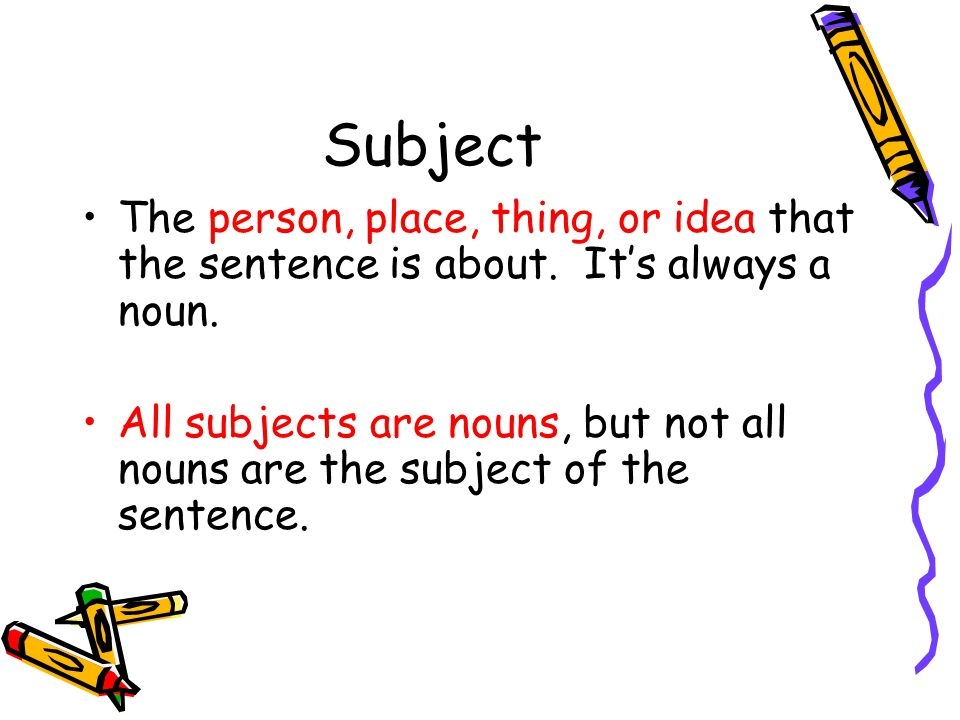In English grammar, the subject is a fundamental part of a sentence. It is the person, place, thing, or idea that is doing or being something. The subject is usually a noun or pronoun and comes before the verb in a sentence. Understanding the subject is crucial for constructing clear and coherent sentences.
Identifying the subject in a sentence is essential for determining the focus of the sentence. Without a clear subject, the meaning of the sentence can be confusing or ambiguous. By recognizing the subject, readers can better comprehend the message being conveyed by the writer.
Example of Subject in Grammar
For example, in the sentence “The cat is sleeping,” the subject is “the cat.” The cat is the one performing the action of sleeping. In this sentence, “the cat” is the subject that the rest of the sentence revolves around.
Another example is in the sentence “She is studying for her exam.” In this case, “She” is the subject of the sentence. The subject “She” is performing the action of studying. Understanding the subject helps us to identify who or what is doing the action in a sentence.
Subjects can also be compound, meaning there are two or more subjects in a sentence. For instance, in the sentence “Tom and Jerry are playing in the park,” the subjects are “Tom” and “Jerry.” Both Tom and Jerry are engaged in the action of playing in the park.
It is important to note that the subject can sometimes be implied or understood without being explicitly stated in the sentence. This is common in imperative sentences, where the subject “you” is understood. For example, in the sentence “Close the door,” the subject “you” is implied but not explicitly mentioned.
In conclusion, understanding the subject in grammar is essential for constructing clear and coherent sentences. By identifying the subject, readers can better comprehend the message being conveyed in a sentence. Whether the subject is a single noun or pronoun, a compound subject, or implied, recognizing the subject is crucial for effective communication.
